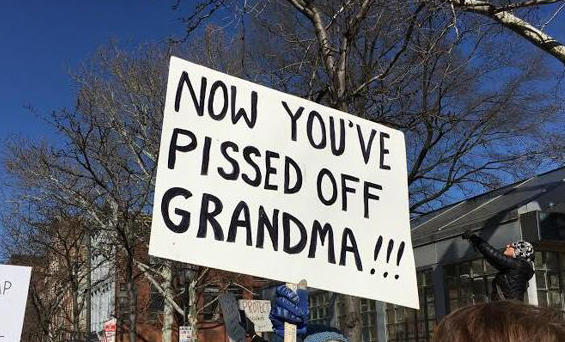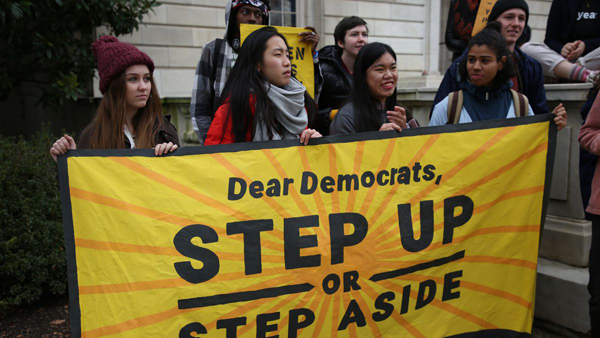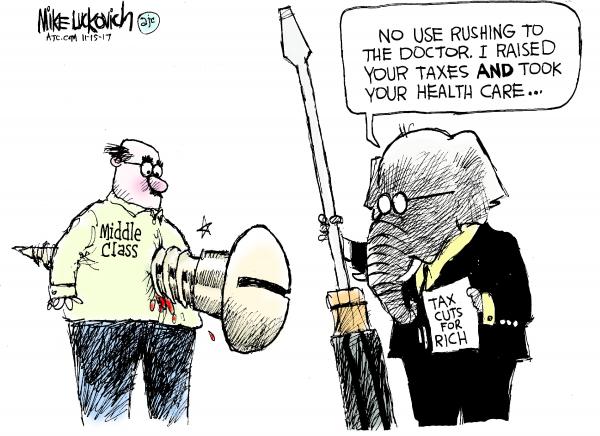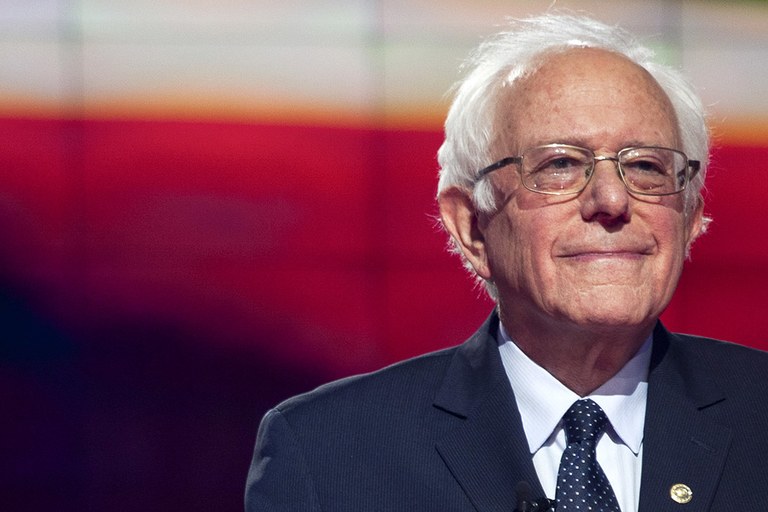If you read nothing else today, read the interview of Brad DeLong by Zack Beauchamp at Vox. And then read Greg Sargent’s column on the interview. Brad DeLong has some comments on the interview at his blog.
Brad DeLong says he identifies as a mostly neoliberal guy who prefers market-oriented solutions to problems. But, he acknowledges, that approach doesn’t work politically any more and hasn’t for some time. From Vox:
The policies he supports depend on a responsible center-right partner to succeed. They’re premised on the understanding that at least a faction of the Republican Party would be willing to support market-friendly ideas like Obamacare or a cap-and-trade system for climate change. This is no longer the case, if it ever were.
“Barack Obama rolls into office with Mitt Romney’s health care policy, with John McCain’s climate policy, with Bill Clinton’s tax policy, and George H.W. Bush’s foreign policy,” DeLong notes. “And did George H.W. Bush, did Mitt Romney, did John McCain say a single good word about anything Barack Obama ever did over the course of eight solid years? No, they fucking did not.”
Greg Sargent:
Instead, once Republicans took total control for two years, we saw the rewards granted to Democrats for trying to be compromising. The reward for adopting Mitt Romney’s health-care plan in hopes of getting bipartisan support for it was unremitting scorched-earth opposition to Obamacare, including a failed effort to repeal it entirely, which Republicans undertook while pretending they were maintaining people’s protections.
The reward for Obama and Democrats reaching deals to cut spending and treading lightly in response to the worst economic crisis in 70 years, and keeping full-blown economic populism at bay, was President Trump’s massive deficit-exploding corporate tax cut that showered enormous benefits on top earners, which Republicans passed while pretending their plan was pro-worker.
The reward for Obama and Democrats embracing market-oriented “cap and trade” climate policy was that Republicans blocked it with a wall of intransigence and fossil-fuel-industry-funded climate change denialism. Now Republicans are all-in with Trump’s even more explicit climate denialism and a full-scale effort to roll back everything Obama did to combat global warming, including Trump pulling us out of a painstakingly negotiated international deal in a manner that is enraging our allies.
As a result, DeLong concedes that it’s time for the “centrists” to pass the torch to the Left. That’s because the centrist political approach depends on there being reasonable Republicans to make deals with. There are no such people in Washington any more. I’d say there haven’t been enough reasonable Republicans in Washington to accomplish anything for at least twenty years. Arguably thirty. Why has it taken the “centrist” Democrats so bleeping long to figure that out?
Waldman writes that the working political theory was that “striking broad bipartisan deals on policy might be worth doing, even if the result is somewhat less progressive,” because it would result in the policies being more popular and more strongly entrenched. But, again, how long has it been since that actually worked? Instead, using that theory, Democrats have delivered watered-down crap policies that nobody cares about because they don’t do all that much.
And the Democratic party brand became meaningless, and as the quality of life for middle- and working-class people became more and more precarious, and Republicans successfully blamed everybody’s problems on liberalism, and right-wing populism grew, and then Mrs. Pragmatic Incremental Do-Nothing Democrat lost to Donald Trump. Brilliant.
It’s time, then — well, it was time twenty or thirty years ago — for the neoliberals to step aside and let the leftists (who occupy where the center used to be, remember) take the lead.
Not everybody gets it. Paul Waldman writes that former Colorado governor John Hickenlooper, who announced his candidacy for the presidency today, is clueless. “I’m running for president because I believe that not only can I beat Donald Trump but that I am the person that can bring people together on the other side and actually get stuff done,” Hickenlooper said.
Has he been paying no attention at all lo these many years?
See also Martin Longman, “The Sanders and Hickenlooper Fallacies.” The Bernie Sanders fallacy, according to Longman, is “a grass-roots movement so powerful that it would force Republicans in Congress to vote for things they despise such as single-payer health care and free college.” I don’t think Sanders ever suggested Republicans would support those things; he has been about getting head-up-their-asses centrist Democrats to support those things. But let’s go on. Longman writes,
The second fallacy can be called “the John Hickenlooper fallacy,” after the former Denver mayor and Colorado governor who just announced his candidacy for president. In this scenario, you can convince a sufficient number of Republicans to vote for your agenda by having a respectful dialogue with them.
Which of course is absurd. The current Republican party has to die. There is no other way the government is going to work again.
Longman doesn’t think the Dems have a prayer of taking the Senate back in 2020. I hadn’t heard it was that bad. But if it is, that means that the neocons really should have wised up twenty years ago, because the United States can’t survive much more of this.










